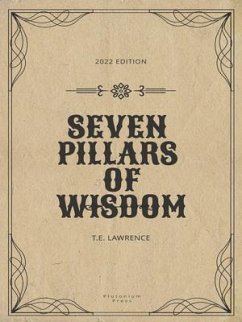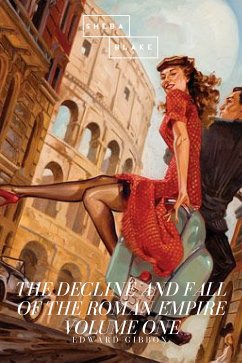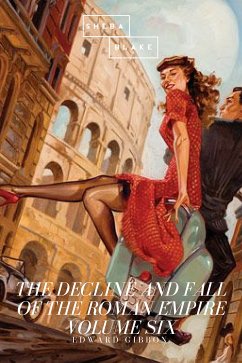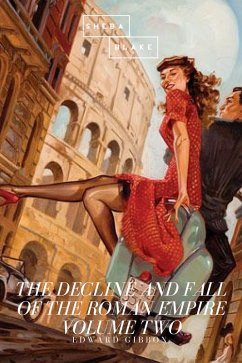
The Adventures of Daniel Boone (eBook, ePUB)

PAYBACK Punkte
0 °P sammeln!
Daniel Boone was an American pioneer, explorer, woodsman, and frontiersman, whose frontier exploits made him one of the first folk heroes of the United States. Boone is most famous for his exploration and settlement of what is now Kentucky, which was then part of Virginia but on the other side of the mountains from the settled areas. As a young adult, Boone supplemented his farm income by hunting and trapping game, and selling their pelts in the fur market. Through this occupational interest, Boone first learned the easy routes to the area. Despite some resistance from American Indian tribes s...
Daniel Boone was an American pioneer, explorer, woodsman, and frontiersman, whose frontier exploits made him one of the first folk heroes of the United States. Boone is most famous for his exploration and settlement of what is now Kentucky, which was then part of Virginia but on the other side of the mountains from the settled areas. As a young adult, Boone supplemented his farm income by hunting and trapping game, and selling their pelts in the fur market. Through this occupational interest, Boone first learned the easy routes to the area. Despite some resistance from American Indian tribes such as the Shawnee, in 1775, Boone blazed his Wilderness Road through the Cumberland Gap in the Appalachian Mountains from North Carolina and Tennessee into Kentucky. There, he founded the village of Boonesborough, Kentucky, one of the first American settlements west of the Appalachians. Before the end of the 18th century, more than 200,000 Americans migrated to Kentucky/Virginia by following the route marked by Boone. Boone was a militia officer during the Revolutionary War (1775-83), which, in Kentucky, was fought primarily between the American settlers and the British-aided Indians. Boone was captured by Shawnee warriors in 1778. He escaped and alerted Boonesborough that the Shawnees were planning an attack. Although heavily outnumbered, Americans repelled the Shawnee warriors in the Siege of Boonesborough. Boone was elected to the first of his three terms in the Virginia General Assembly, during the Revolutionary War, and fought in the Battle of Blue Licks in 1782. Blue Licks, a Shawnee victory over the Patriots, was one of the last battles of the Revolutionary War, coming after the main fighting ended in October 1781. Following the war, Boone worked as a surveyor and merchant, but fell deeply into debt through failed Kentucky land speculation.
Dieser Download kann aus rechtlichen Gründen nur mit Rechnungsadresse in A, B, BG, CY, CZ, D, DK, EW, E, FIN, F, GR, H, IRL, I, LT, L, LR, M, NL, PL, P, R, S, SLO, SK ausgeliefert werden.













